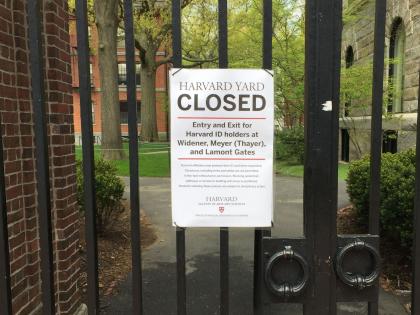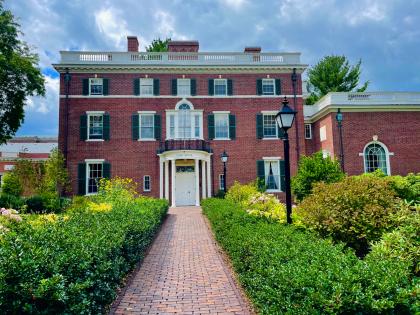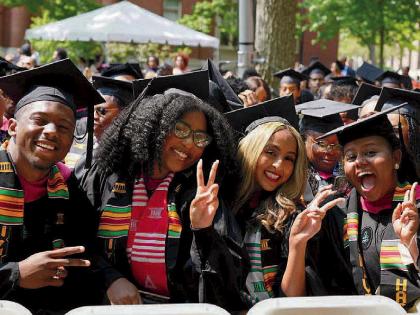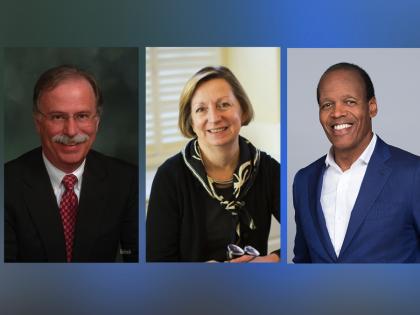President Lawrence H. Summers hailed the agreement as the first application of a new principle for future acquisitions: "...when Harvard purchases and withdraws property from municipal tax rolls, it will make a voluntary payment for a period and at a level commensurate with the impact of the acquisition." As part of the agreement, Harvard will not be required to seek special zoning permission to convert any of the property's 750,000 square feet of space to tax-exempt academic and research use.
The Arsenal property is strategically important for the expanding University. "The acquisition was made so that the University could have some flexibility for space needs that can't be met on the existing campus, but can't wait for the redevelopment process in Allston," explains associate vice president for planning and real estate Kathy Spiegelman. Unlike Allston, "Watertown is ready now," she says. "There are buildings ready to be fit out, [there is] open space, parking, and shuttle transportation back and forth to Harvard Square." Several University groups, she adds, "are in the process of analyzing whether the space there could work for them."







